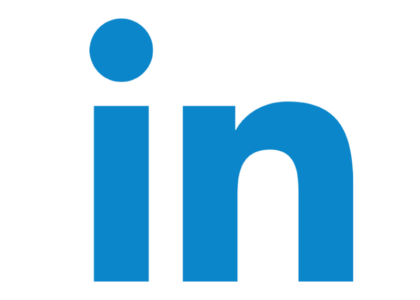Education - Allied Health
Shaping Skilled Healthcare Professionals for the Future
Key Highlights
- Specialized degree programs across clinical and diagnostic sciences
- Mentorship by experienced doctors, clinical specialists, and industry experts
- Internships, research activities, CME, workshops, and symposiums
- Grooming students for employment in hospitals, labs, diagnostic centres, and medical research
Courses Offered:
- B.Sc. Physician Assistant
- B.Sc Dialysis Technology
- B.Sc Cardiac Technology
- B.Sc Cardio Pulmonary Perfusion Care Technology
- B.Sc Operation Theatre & Anaesthesia Technology
- B.Sc Radiography & Imaging Technology
- B.Sc Medical Laboratory Technology
- B.Optom (Optometry)
Infrastructure & Facilities
Advanced Laboratories for imaging, clinical diagnostics, biomedical sciences, PT, OT, and research
Hospital-Integrated Training across Hindu Mission Hospital departments, including ICU, OT, radiology, dialysis, physiotherapy, emergency care, and Cath-lab
Smart Classrooms & Digital Learning for interactive sessions
Library with Updated Reference Material, e-learning portals, and journals
Safe Campus, Transport & Student Support Facilities
Eligibility: Should have passed the 10+2 examinations with English, Physics, Chemistry and Biology (or Botany and Zoology)
About
All our medical programmes are underpinned by an uncompromising belief in ethics, excellence and strict clinical governance.
Quick Links
About
All our medical programmes are underpinned by an uncompromising belief in ethics, excellence and strict clinical governance.
Quick Links
© 2025 Hindu Mission Hospital. All rights reserved | Website Designing Company In Chennai: 360degreeinfo









